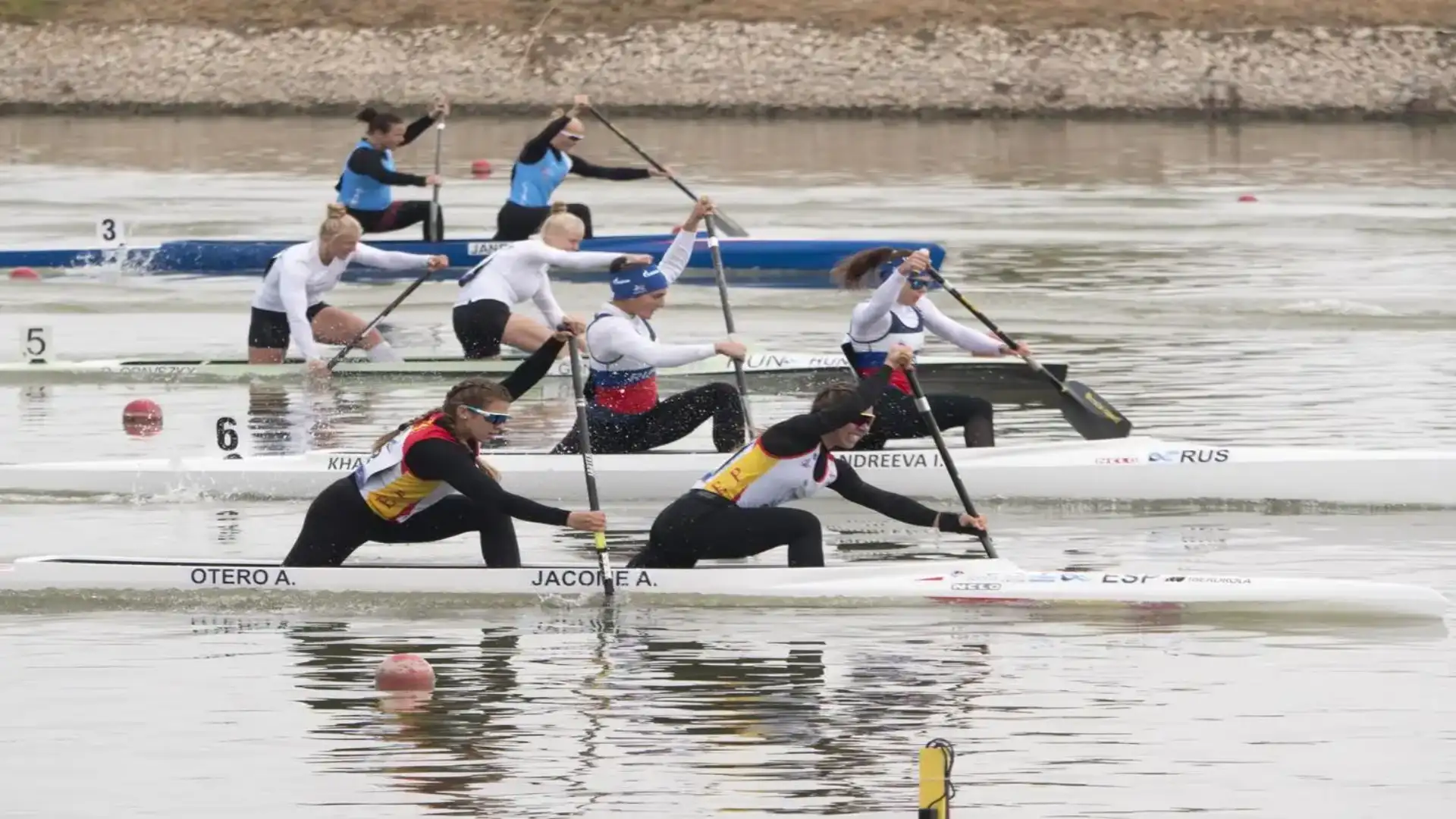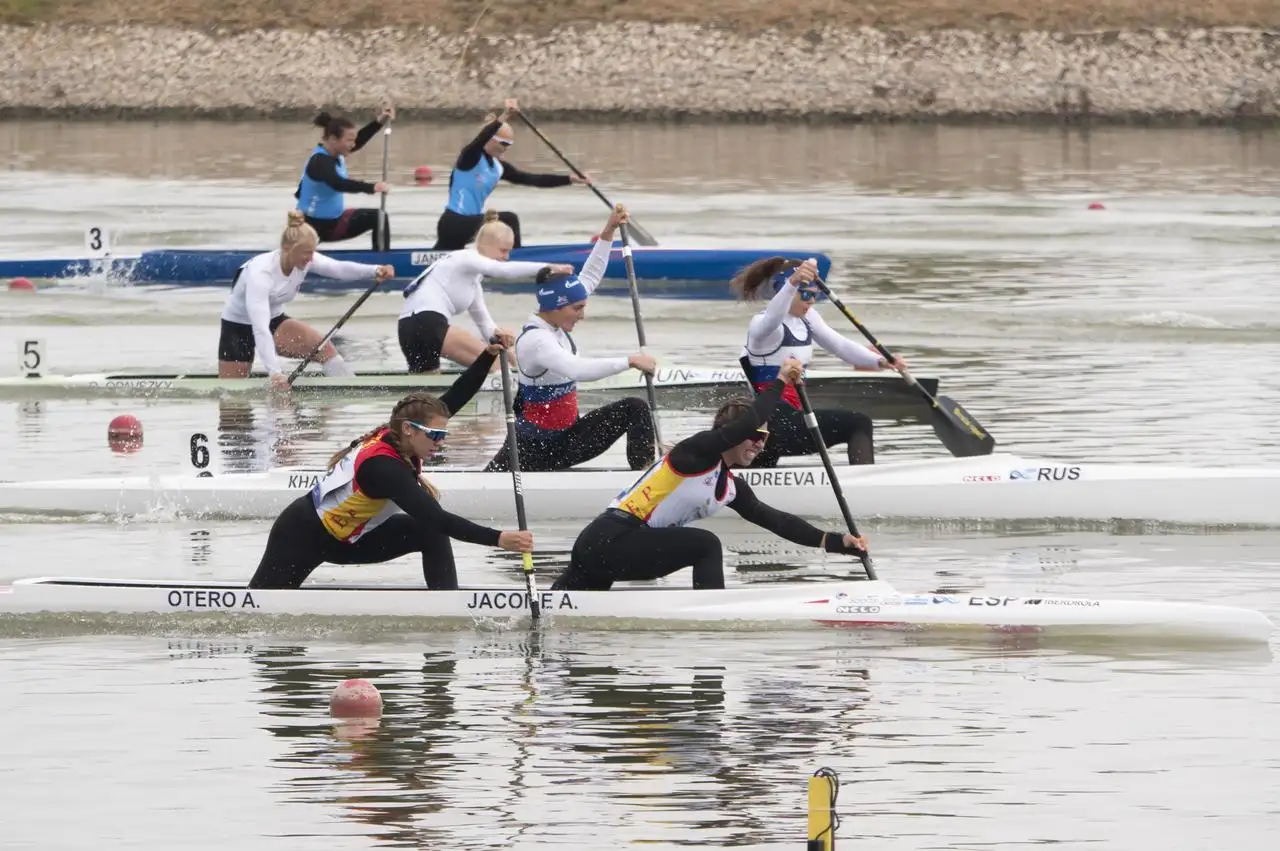
The ICF announces the details of the online canoe speed training course
The ICF announces the details of the online canoe speed training course

The results of these two courses have exceeded our expectations... according to the ISF's sports development director, Sebastian Cuatrin
The International Federation of Piragüism has announced the details of a third online training course in canoa-kayak, which will be held in conjunction with the University of Physical Education in Budapest later this year.
The third course will focus on coaching experts and will last for three months. It will have flexibility to enable participants to participate in the course from their family environment.
It will be particularly relevant for trainers working with competitive athletes at the national and international levels. Exercise physiology, training theory, biomechanics and sports management and psychology are some of the modules to be presented.
The two previous online canoe training courses provided by the International Federation of Piragüism have been a great success, with over 50 trainers from around the world successfully completing the development program.
The ICF organized two level three speed courses in conjunction with the University of Budapest. The first online course was held during the second half of 2020 and 36 coaches from 15 different countries and five continents were successfully graduated with an average rating of 99 per cent.
The second course was held again online during the first half of this year and resulted in 18 coaches from 13 different countries and four continents successfully completed the program and received their coach certificate. These modules included classroom instruction, specific sports presentations. Through the conferences, the coaches were able to apply training principles, skills, exercises, training methods, strategy and tactics, detection and correction of errors. The practical and technical parts of the programme also included home assignments and independent study. Participants required to take guided notes on their observations in the training, write essays for related theoretical topics, study the videos and electronic materials and complete the online tests... the average note of this year's course was 97%.
© 2024 Nautica Digital Europe - www.nauticadigital.eu











